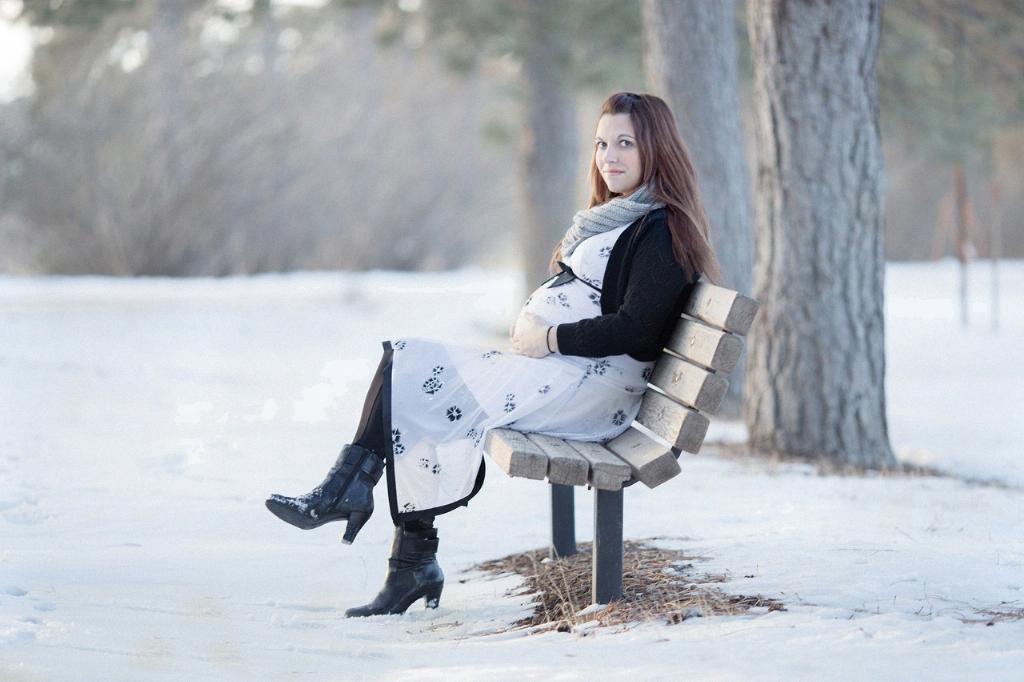Dealing with papular urticaria during pregnancy can be challenging, as taking care of your skin becomes even more crucial during this time. The itchy red patches can be uncomfortable and irritating, but there are ways to manage this condition effectively.
Consulting a Healthcare Provider
First and foremost, if you suspect you have papular urticaria or any other skin condition during pregnancy, it is essential to consult with your healthcare provider. They can provide a proper diagnosis and recommend the best course of treatment that is safe for you and your baby.
Topical Steroids
One common treatment option for papular urticaria is the use of topical steroids. These are applied thinly once or twice daily to the affected areas to help reduce inflammation and itching. It is crucial to follow your healthcare provider’s instructions on how to use these medications properly.
Systemic Steroids
In severe cases of papular urticaria, a short course of systemic steroids, such as prednisone, may be prescribed. These medications can help to control the symptoms more effectively, but they should only be used under the guidance of a healthcare provider.
Antihistamines
Another option for treating papular urticaria during pregnancy is the use of antihistamines. These medications can help to reduce itching and discomfort. It is important to note that antihistamine tablets are considered safe in late pregnancy, but they may cause drowsiness in the baby upon delivery.
Moisturizing
Keeping your skin moisturized is key in managing papular urticaria. Using a gentle, fragrance-free moisturizer can help to soothe dry, irritated skin and prevent further itching. Be sure to choose products that are safe for use during pregnancy.
Avoiding Triggers
Identifying and avoiding triggers that may exacerbate your papular urticaria can help to prevent flare-ups. Common triggers include certain foods, insect bites, and environmental factors. By staying vigilant and taking steps to avoid these triggers, you may be able to better manage your symptoms.
Wearing Loose Clothing
During pregnancy, wearing loose, breathable clothing can help to reduce irritation and prevent further discomfort. Tight clothing can rub against the skin and exacerbate itching, so opt for comfortable, loose-fitting garments whenever possible.
Staying Hydrated
Drinking plenty of water is essential for overall skin health, especially during pregnancy. Staying hydrated can help to improve skin elasticity and prevent dryness, which can worsen papular urticaria symptoms. Aim to drink at least eight glasses of water per day.
Rest and Relaxation
Managing stress and getting plenty of rest is crucial for overall well-being during pregnancy. Stress can exacerbate skin conditions like papular urticaria, so make time for relaxation techniques such as deep breathing, meditation, or gentle yoga.
Natural Remedies
Some women find relief from papular urticaria symptoms by using natural remedies such as oatmeal baths, aloe vera gel, or chamomile tea compresses. These natural treatments can help to soothe the skin and reduce itching without the use of potentially harmful chemicals.
Follow-Up Care
Lastly, it is important to follow up with your healthcare provider regularly to monitor your papular urticaria and adjust your treatment plan as needed. Your provider can offer guidance and support throughout your pregnancy to ensure your skin stays healthy and comfortable.

